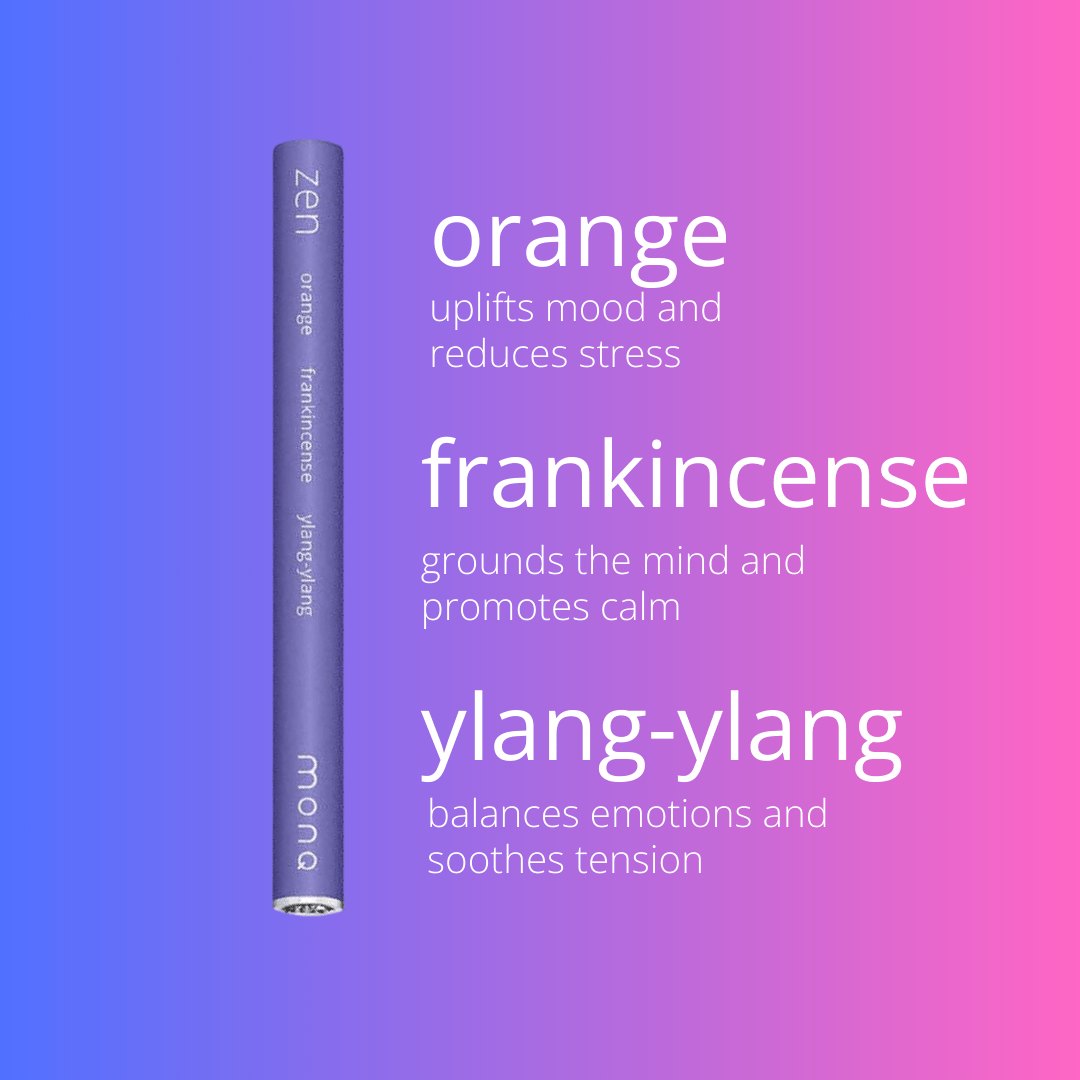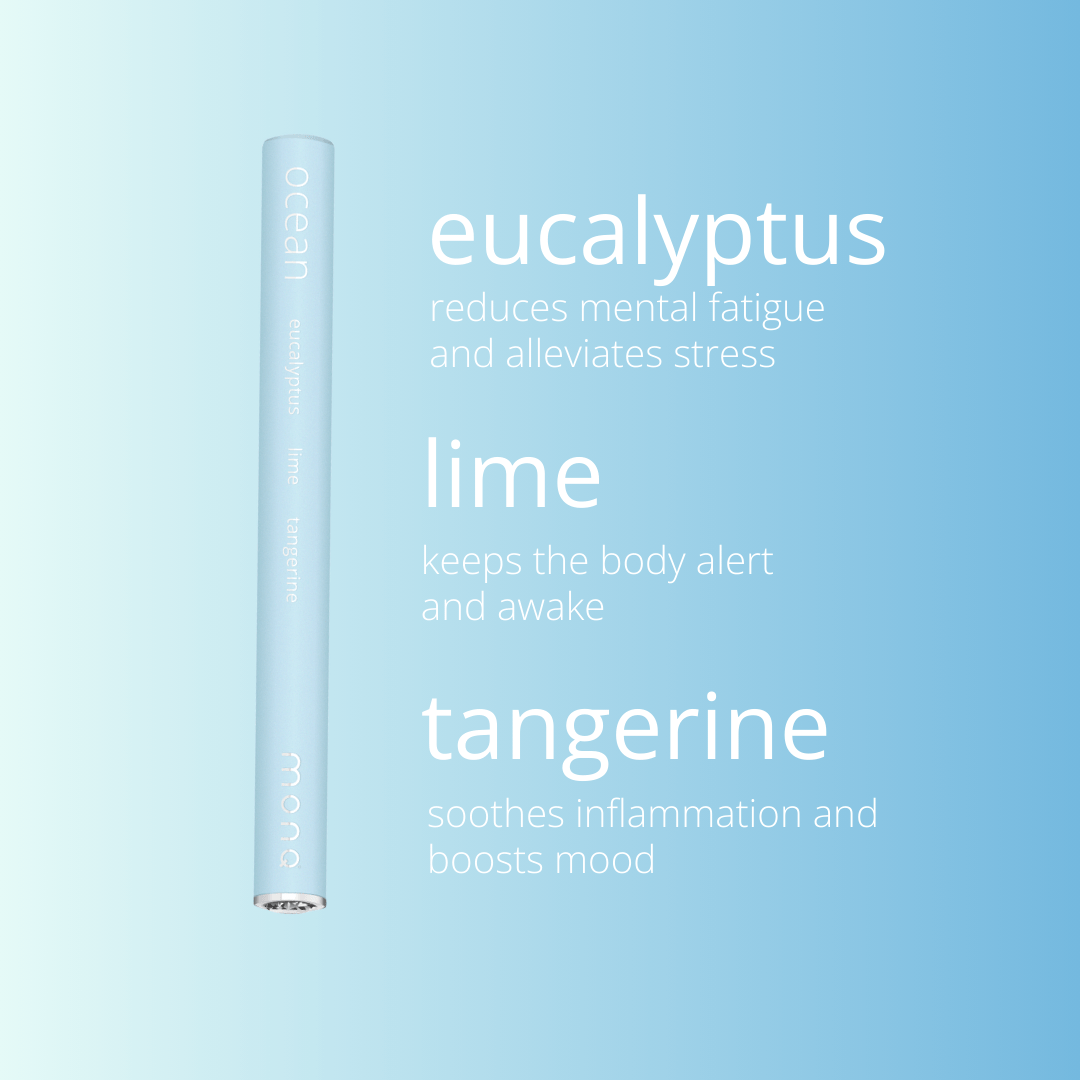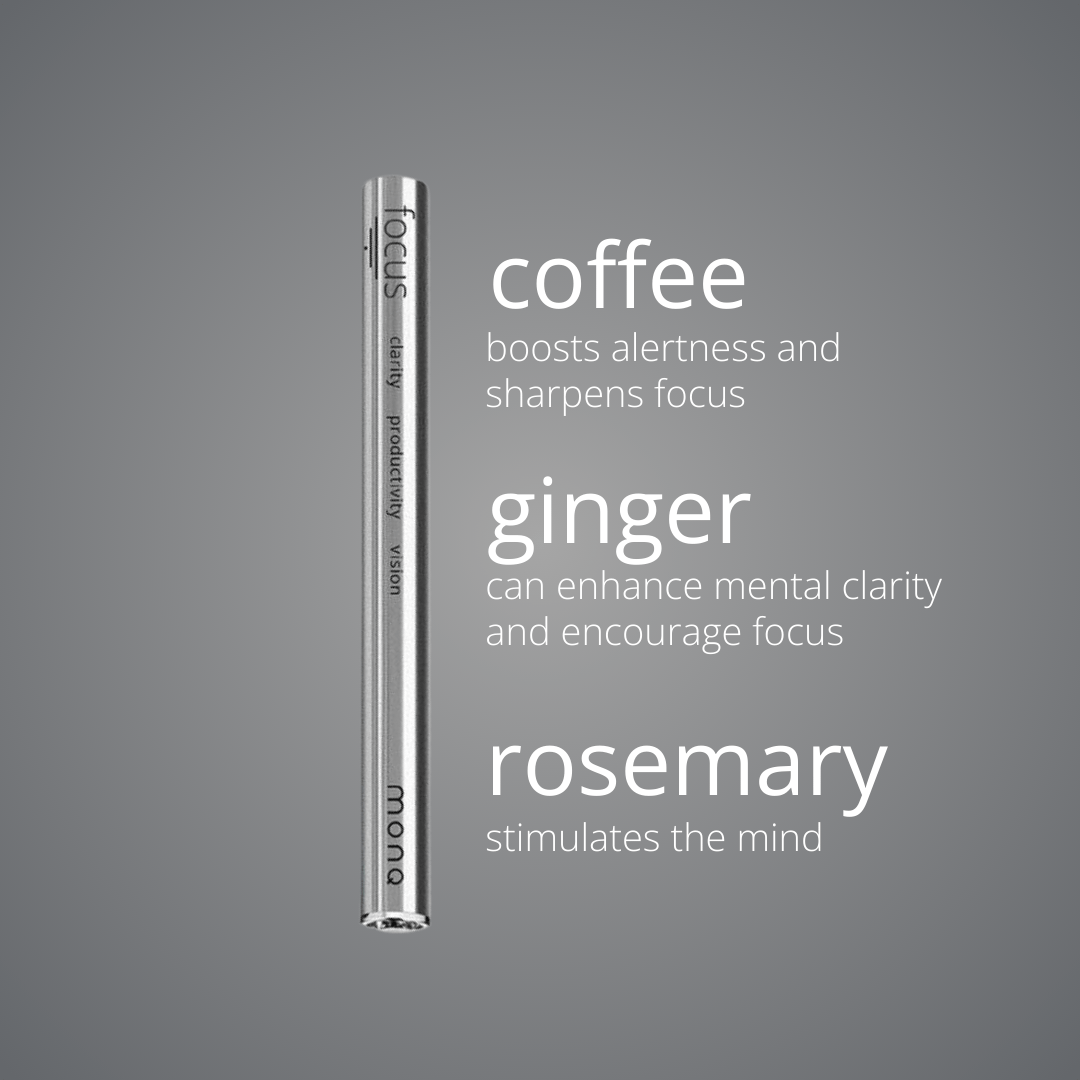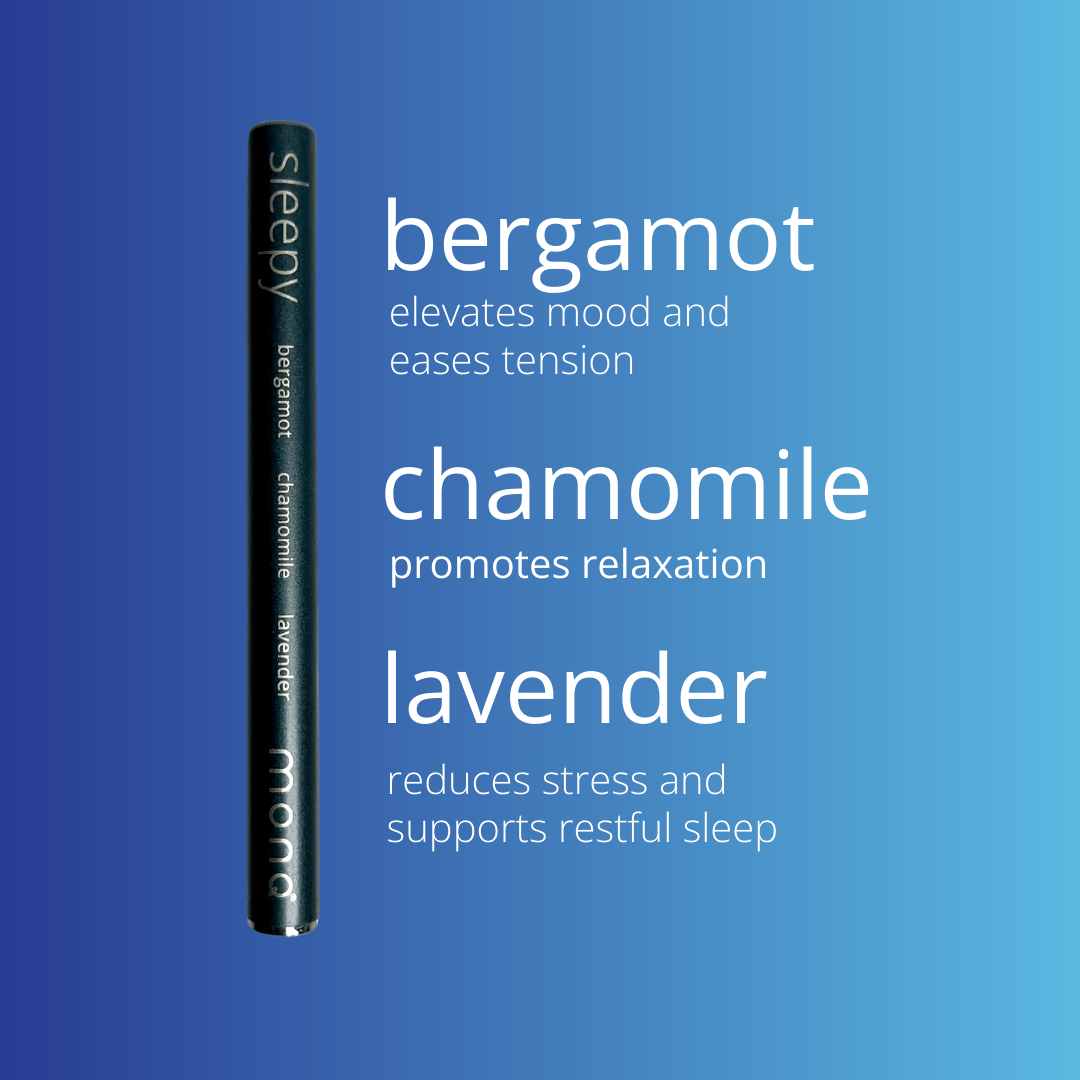Ancient Wisdom, Modern Solution

With the advent of chemical engineering and pharmaceutical giants, traditional herbal remedies, cherished for millennia, have taken a back seat to potent synthetic alternatives. It’s become almost routine for over half of the U.S. population to rely on prescription medication, with a whopping 75% turning to over-the-counter drugs daily.
However, after nearly a century of pharmaceutical dominance, cracks in this approach have started to show. While these medications excel at swiftly addressing symptoms, they often fall short in treating the root causes, leaving behind a trail of side effects. Recognizing these limitations, health aficionados and medical experts are revisiting herbal remedies, and one plant in particular is stealing the spotlight: cannabis. Beyond its well-known psychoactive component, tetrahydrocannabinol (THC), researchers are now captivated by another compound within cannabis: cannabidiol (CBD).
As restrictions on cannabis research loosen, a wave of CBD studies has flooded the scene, aiming to uncover the therapeutic potential of this intriguing molecule. While the breadth of CBD research is vast—just a cursory search yields over 2,400 results on the U.S. National Library of Medicine’s database—let’s delve into a selection that offers a glimpse into CBD’s promise in medicine.
Unraveling the Secrets of Cannabinoids and the Endocannabinoid System
Though humans have harnessed the healing power of cannabinoids for over 12,000 years, our understanding of them remained elusive until relatively recently. The first cannabinoid, cannabinol (CBN), wasn’t discovered until 1899, with cannabidiol making its debut in 1940, thanks to Dr. Roger Adams. However, it wasn’t until 23 years later that Dr. Raphael Mechoulam, along with Yechiel Gaoni, elucidated the chemical composition of THC, a breakthrough that unveiled its striking similarity to naturally occurring compounds in the body.
This revelation paved the way for the discovery of the endocannabinoid system (ECS), an intricate network present in humans and most vertebrates, governed by both endogenous and exogenous cannabinoids.
Unveiling CBD’s Health Effects
CBD’s therapeutic potential is a subject of intense scrutiny, with studies probing its safety, mechanisms of action, and spectrum of health benefits. One notable review highlighted CBD’s favorable side effect profile compared to conventional drugs, potentially offering patients a smoother treatment journey. Reported side effects include changes in appetite, weight gain, tiredness, and diarrhea.
Taming Seizures with CBD
Among CBD’s myriad benefits, its ability to mitigate seizures stands out as particularly promising. In a groundbreaking move, the U.S. Food and Drug Administration (FDA) greenlit EPIDIOLEX, a CBD oral solution, for treating seizures associated with Lennox-Gastaut syndrome and Dravet syndrome. This decision, rooted in a confluence of lab studies, anecdotal evidence, and clinical trials, underscores CBD’s potential in seizure management, spurring further research into its multifaceted effects.
Easing Fear and Discomfort
CBD’s therapeutic repertoire extends beyond seizures to include fear modulation and discomfort relief. Studies have revealed its efficacy in dampening learned fear, disrupting memory reconsolidation, and ameliorating both nociceptive and neuropathic discomfort. Whether it’s soothing joint inflammation in arthritis or alleviating nerve damage-induced discomfort, CBD emerges as a versatile ally in the battle against discomfort and stress.
Unleashing the Anti-inflammatory Power of CBD
Central to CBD’s prowess is its anti-inflammatory prowess, bolstered by its interactions with various receptors involved in inflammation regulation. Through modulation of CB1, CB2, TRPV1, and A2A receptors, CBD orchestrates a symphony of biochemical responses, quelling inflammation and restoring equilibrium—a vital function in promoting overall well-being.
Alleviating Stress and Anxiety
In our fast-paced world, stress and anxiety have become ubiquitous, underscoring the need for effective interventions. CBD, with its capacity to modulate stress responses via CB1, TRPV1, and 5-HT1-A receptors, emerges as a promising antidote to modern-day anxieties, offering a natural alternative to conventional treatments.
Navigating the Path Forward
While CBD holds immense promise, it’s imperative to approach its usage with caution and expert guidance. Consulting a healthcare professional ensures a tailored treatment plan that maximizes efficacy while minimizing risks. By marrying established therapies with emerging alternatives like CBD, patients can chart a course toward holistic healing and improved well-being.
The resurgence of herbal remedies, particularly CBD, heralds a paradigm shift in healthcare, offering a glimpse into a future where natural solutions complement conventional treatments. As research delves deeper into CBD’s multifaceted benefits, its integration into mainstream medicine seems increasingly plausible—a beacon of hope for those seeking holistic healing in a pharmaceutical-dominated world.








Leave a comment